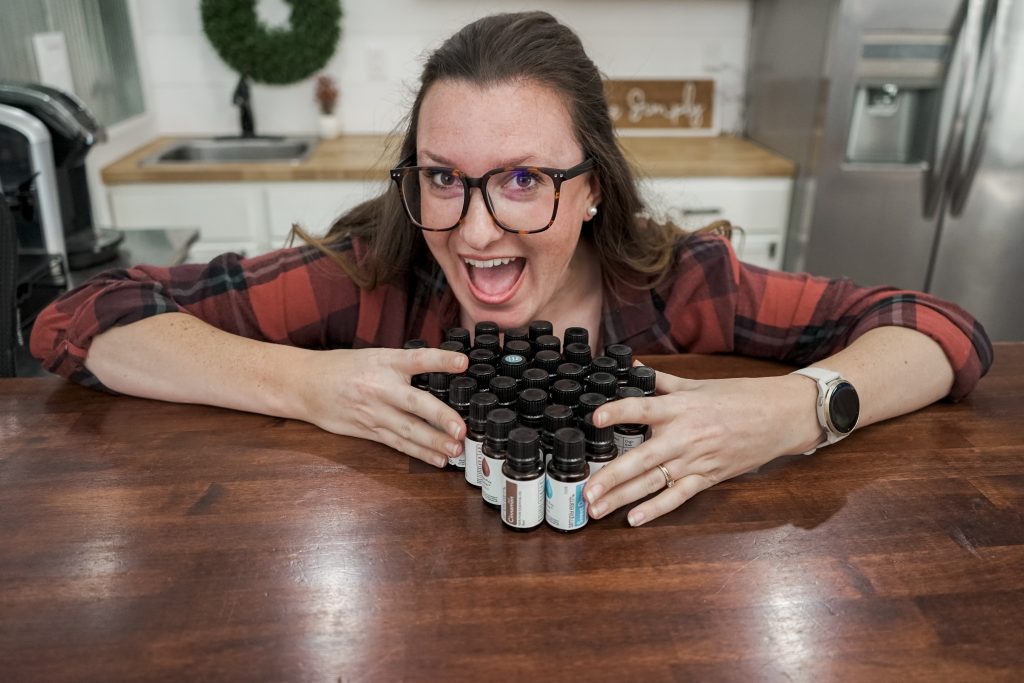
Essential oils have been used for centuries for their therapeutic benefits, but do they actually expire? Although essential oils do not necessarily go bad, they can lose their potency and effectiveness over time. The shelf life of an essential oil can vary depending on its constituents, storage conditions, and how often it is used. Understanding the shelf life of essential oils is crucial for getting the most benefit out of them. With proper storage and handling, you can maximize each bottle, allowing you to continue to reap the benefits of these powerful natural remedies. Join us as we dive into everything you need to know about the shelf life of essential oils and how to extend their potency.
Why Do Essential Oils Expire?
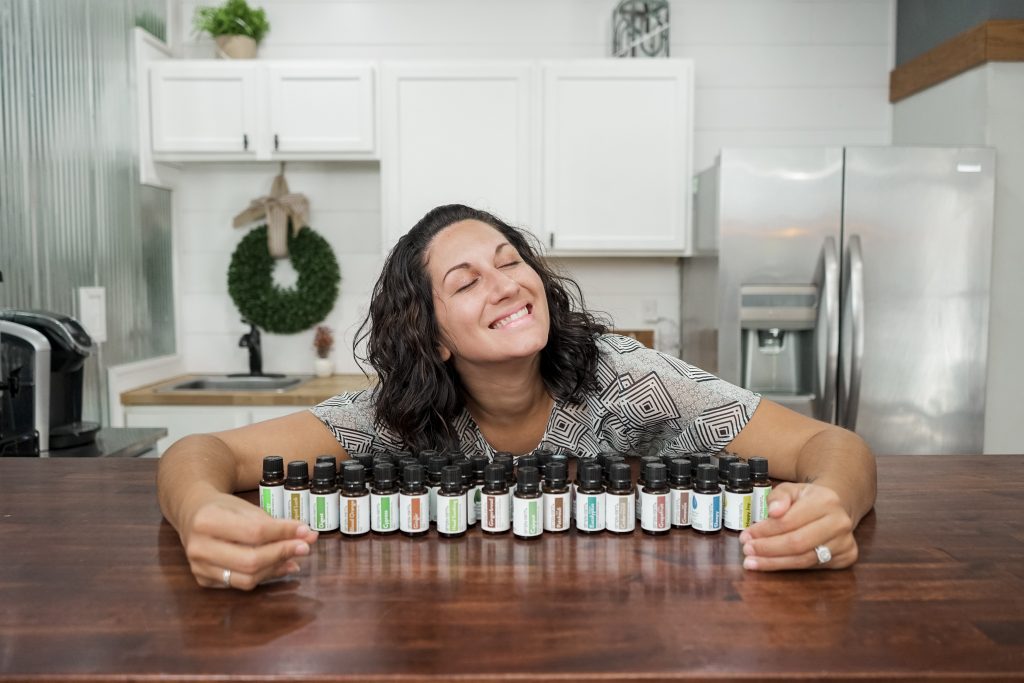
Like all natural products, essential oils have a limited shelf life and can expire over time. This is due to their chemical composition and the presence of volatile compounds that can evaporate or break down when exposed to light, heat, or air. This process is called oxidation, and it involves the changes of oxygen bonds between cells into carbon bonds.
Approximate Essential Oil Shelf Life
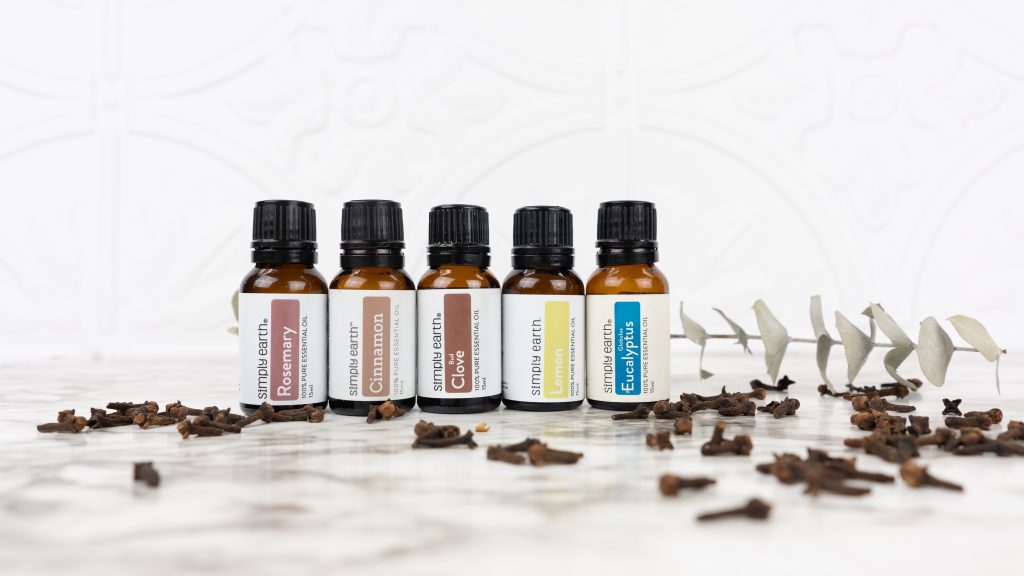
Based On Chemical Family
Monoterpenes
Essential oils high in monoterpenes, such as limonene, are more prone to oxidation, which can speed up the aging process and ultimately shorten the lifespan of the oil. Citrus peel oils in particular, which often contain upwards of 90% monoterpenes, have shorter shelf life.
Shelf Life: 1 – 3 years
Essential Oils: Citrus, Pine, and Spruce Oils such as Lemon, Frankincense, Tea Tree, Neroli, Lemongrass, Angelica Root, and Cypress.
Monoterpenols
Monoterpenols is a natural compound found in many types of oils. It’s been discovered that oils containing high levels of these compounds can last up to 3 to 5 years!
Shelf Life: 3 – 5 years
Essential Oils: Sweet Basil, Clary Sage, Geranium, and most other essential oils
Sesquiterpenes
Oils that contain high percentages of sesquiterpenes and/or sesquiterpenols have the longest shelf life out there. However, it’s important to note that as these oils age, their therapeutic quality may diminish despite their aromatic improvement. For those who utilize essential oils for their medicinal properties, using oils within the lower threshold of 4 years is still the best bet.
Shelf Life: 6 – 8 years or longer
Essential Oils: Cedarwood, Patchouli, Vetiver, Copaiba, and Myrrh
Shelf Life of Specific Oils
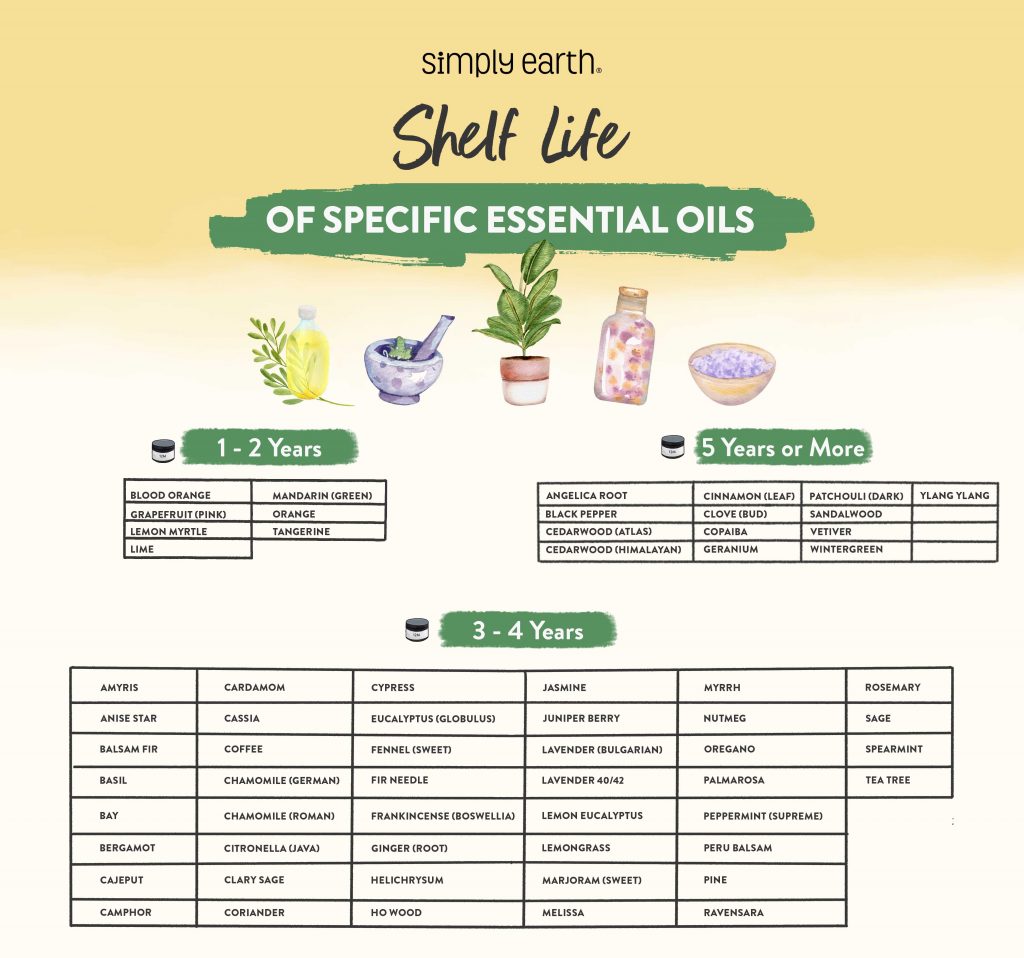
1 – 2 Years
Blood Orange, Grapefruit (Pink), Lemon Myrtle, Lime, Mandarin (Green), Orange, Tangerine
3 – 4 Years
Amyris, Anise Star, Balsam Fir, Basil, Bay, Bergamot, Cajeput, Camphor, Cardamom, Cassia, Coffee, Chamomile (German), Chamomile (Roman), Citronella (Java), Clary Sage, Coriander, Cypress, Eucalyptus (Globulus), Fennel (Sweet), Fir Needle, Frankincense (Boswellia), Ginger (Root), Helichrysum, Ho Wood, Jasmine, Juniper Berry, Lavender (Bulgarian), Lavender 40/42, Lemon Eucalyptus, Lemongrass, Marjoram (Sweet), Melissa, Myrrh, Neroli, Nutmeg, Oregano, Palmarosa, Peppermint (Supreme), Peru Balsam, Pine, Ravensara, Rosemary, Sage, Spearmint, Tea Tree, Thyme (Red)
5 Years or More
Angelica Root, Black Pepper, Cedarwood (Atlas), Cedarwood (Himalayan), Cinnamon (Leaf), Clove (Bud), Copaiba, Geranium, Patchouli (Dark), Sandalwood, Vetiver, Wintergreen, Ylang Ylang
How Can You Tell An Expired Essential Oil?

While tracking the date when you opened the bottle and checking for expiration is the best way to ensure freshness, there are other indicators that your oil has gone bad like:
- If you notice that the smell has changed since you first opened the bottle,
- the color has become cloudy,
- or the consistency is different than it was when you first opened it.
Keeping your essential oils fresh is essential for getting the most out of their therapeutic benefits, so be sure to keep an eye on them.
Important Note: Tracking the bottle open date is more accurate than tracking the GC/MS date. This method allows you to know exactly how long your oil has been exposed to air and also helps you stay within the recommended usage time frame. So, the next time you add a new oil to your collection, be sure to mark the open date on the bottle and keep track of it.
What To Do With An Expired Essential Oil?
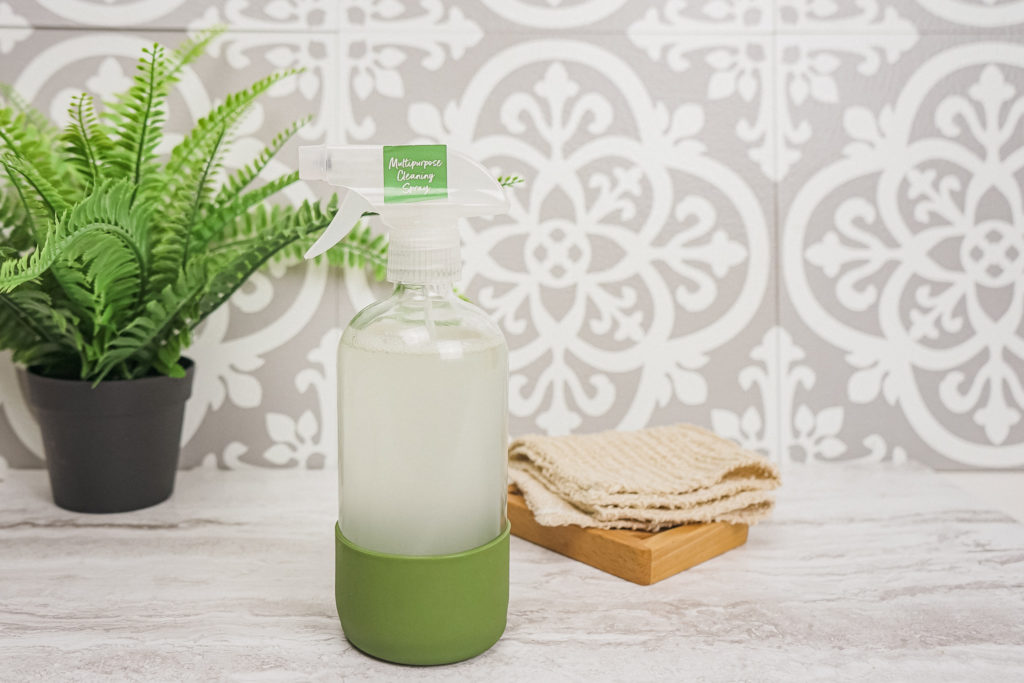
Make All-Natural Cleaning Recipes
Before you toss essential oils that are expired or are nearing their shelf life in the garbage, consider using them for another purpose! Expired oils may not have the same therapeutic value, but they are still useful for cleaning. Create your own all-natural cleaning recipes using these oils and you’ll still get some of the cleaning benefits, even after the oxidation process. Plus, not only are you repurposing something that might have been thrown away, but you’ll also be saving money by not having to purchase a separate cleaner for your home!
Check out The Simply Earth Toxin-Free Magazine for cleaning recipe inspirations you can make at home!
Now, you might be wondering what to do with empty essential oil containers. Here’s everything you need to know about How to Clean & Reuse Essential Oil Bottles.
Dispose Essential Oils Properly
While it might be tempting to simply toss expired oils down the drain, that’s a surefire way to create problems for yourself and the environment. Instead, take the time to research the proper disposal methods for your area. By doing this, you can avoid damaging your plumbing, the water supply, and the natural world around you. Not only that, but you’ll also be able to do your part in keeping your community clean and healthy.
Risk Of Expired Essential Oils
It’s important to understand that as essential oils age, their chemical composition changes, potentially becoming rancid and even contaminated with harmful bacteria. Applying expired oils topically can lead to skin irritation or infection, and inhaling them can trigger respiratory irritation or allergic reactions. This is why we highly recommend checking expiration dates and properly storing your essential oils to maintain their potency and quality.
Maximizing Essential Oil Shelf Life
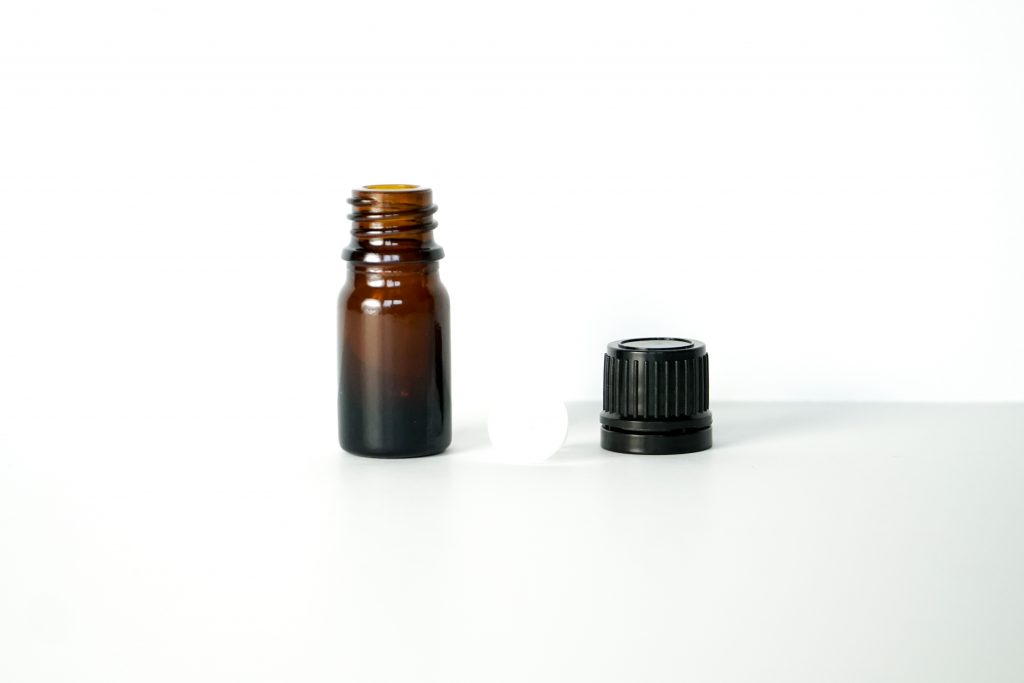
Oxygen, light, and heat are the biggest enemies of essential oils, as they can accelerate the oxidization process and cause the oils to lose their potency. By following these simple guidelines, you can keep your essential oils fresh and vibrant for years to come, allowing you to fully enjoy their benefits and elevate your well-being.
- Keep essential oils away from any direct sunlight or other heat sources that could damage or degrade their quality over time. By protecting your essential oils in a dark, cool place, you can be sure that they maintain their best form and continue to provide you with all their incredible benefits for as long as possible.
- Store essential oils in dark glass bottles. Not only does this prevent the oils from degrading due to UV light exposure, but the opacity of the glass will also help protect the oils against oxidation. If you’re in need of storage options for carrier oils and blends, PET plastic containers are a great alternative.
- Ensure the bottles are tightly closed, so that oxygen cannot get in and begin the oxidation process. This can happen if the cap is not screwed on tightly enough, and can lead to decreased potency and effectiveness. Another tip is to minimize the amount of time the cap is off the bottle, as the longer it remains uncapped, the more the oil is exposed to the oxygen in the air.
- Use smaller containers to store your oils. This helps prevent oxygen from getting trapped in the bottle when it’s opened, ultimately delaying oxidation and extending the life of your oils. So be sure transfer any lingering oil from large bottles to smaller ones to minimize headspace and prevent oxidization.

